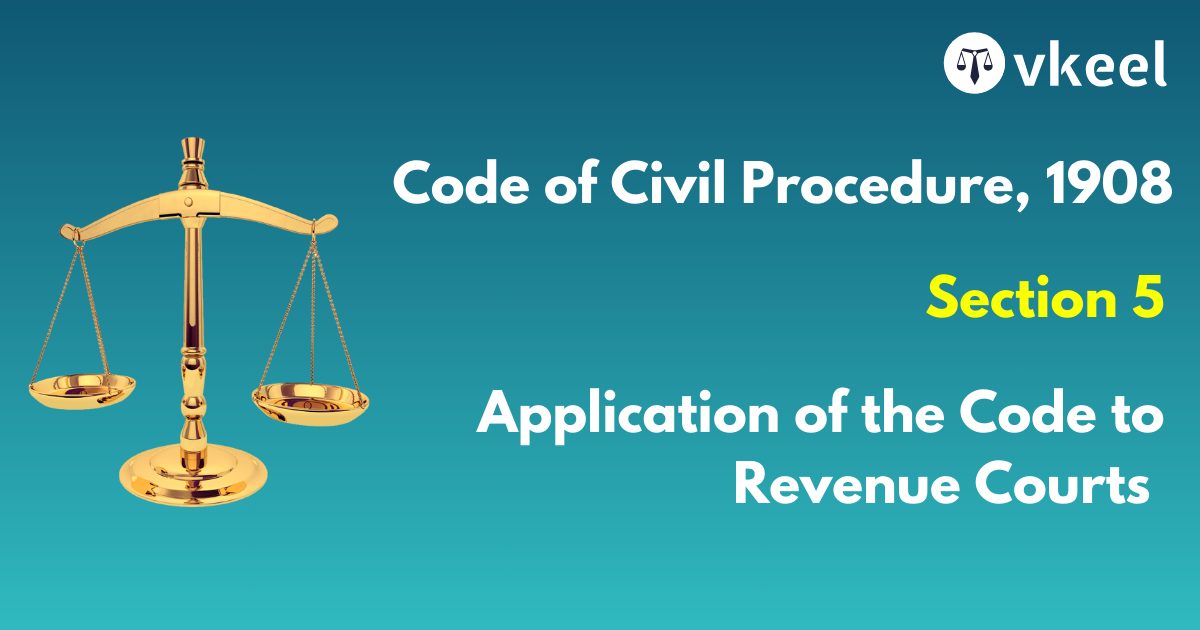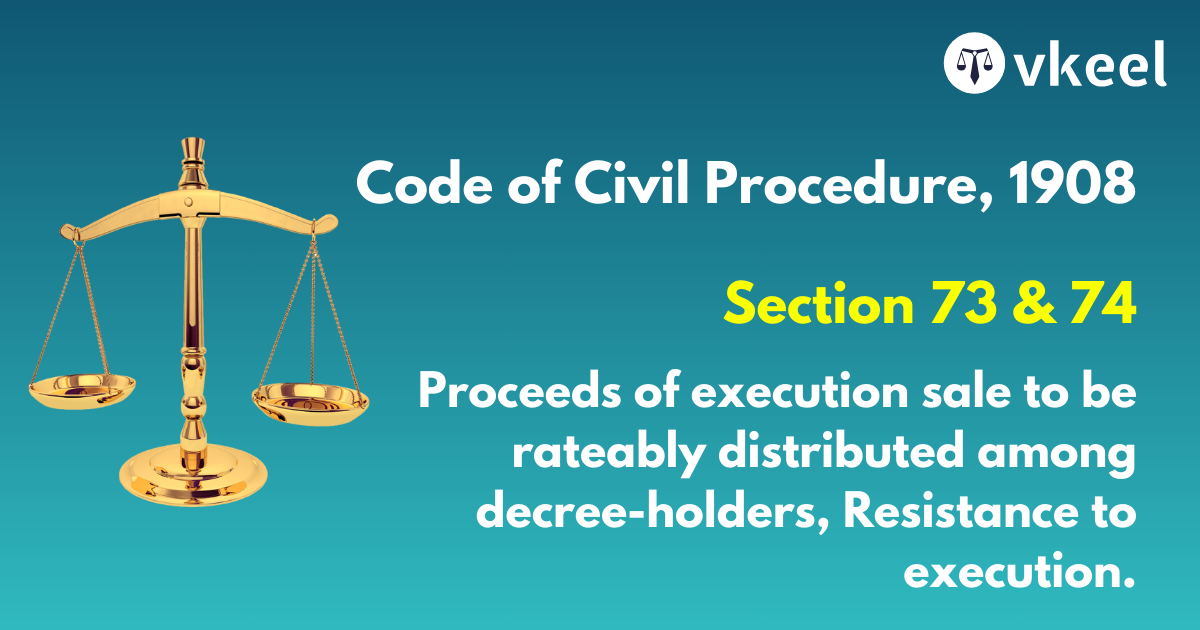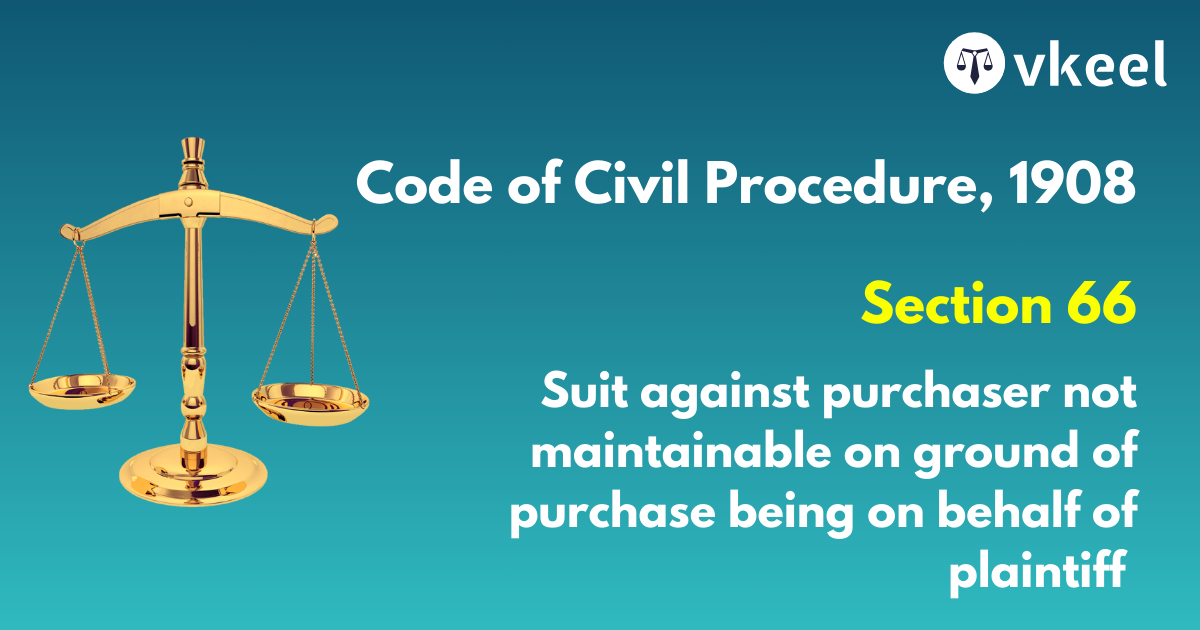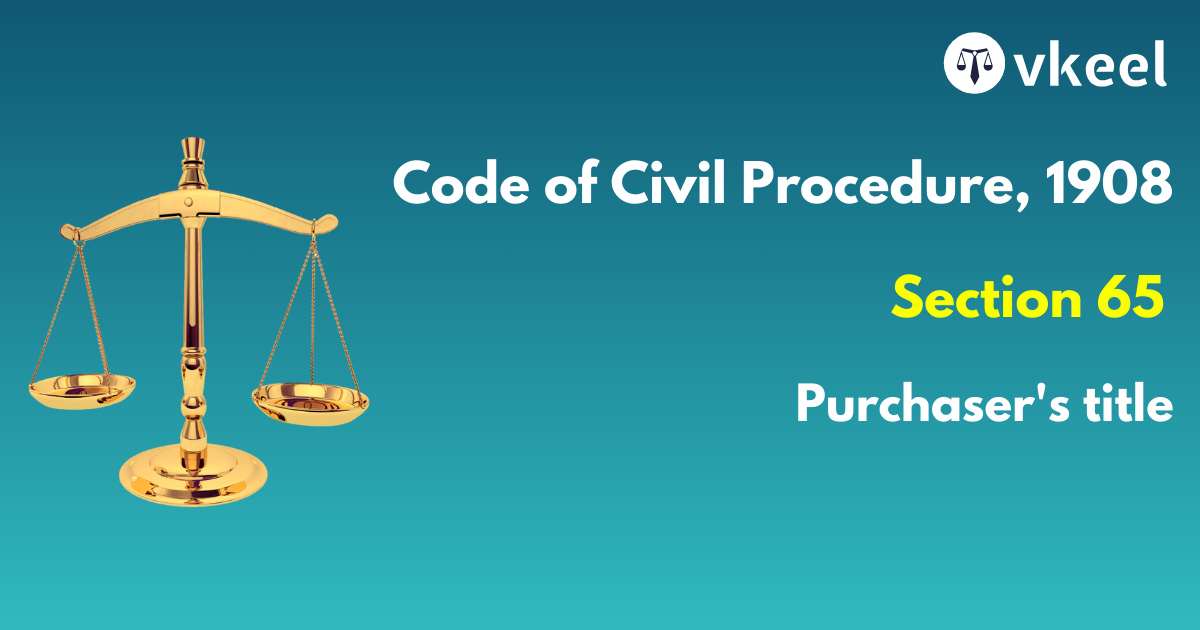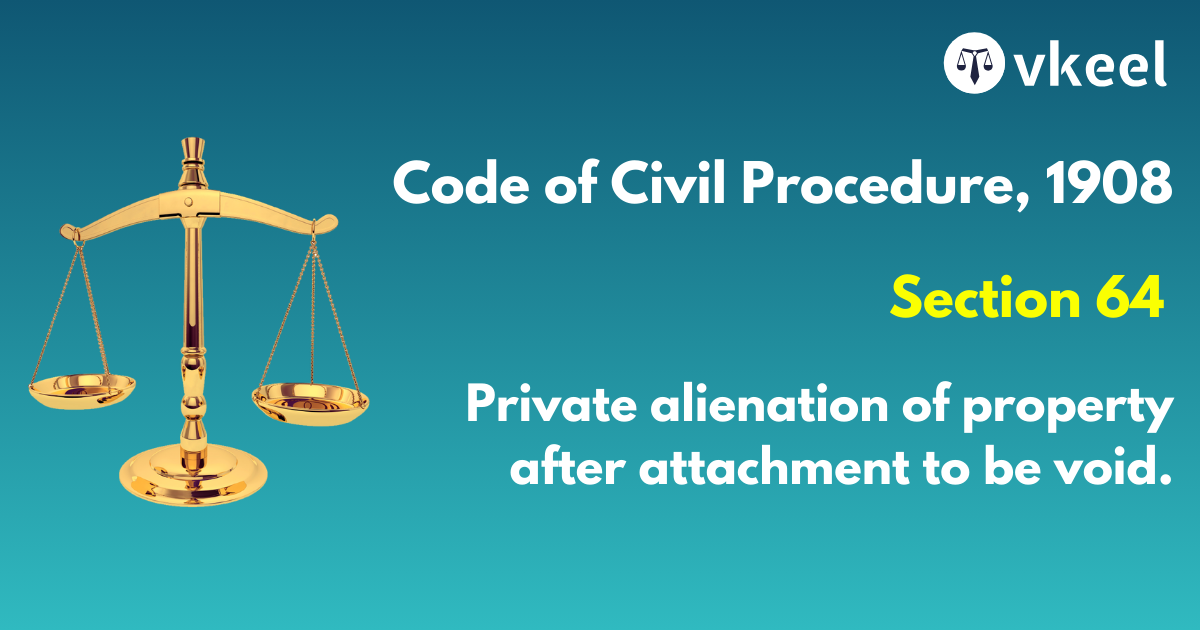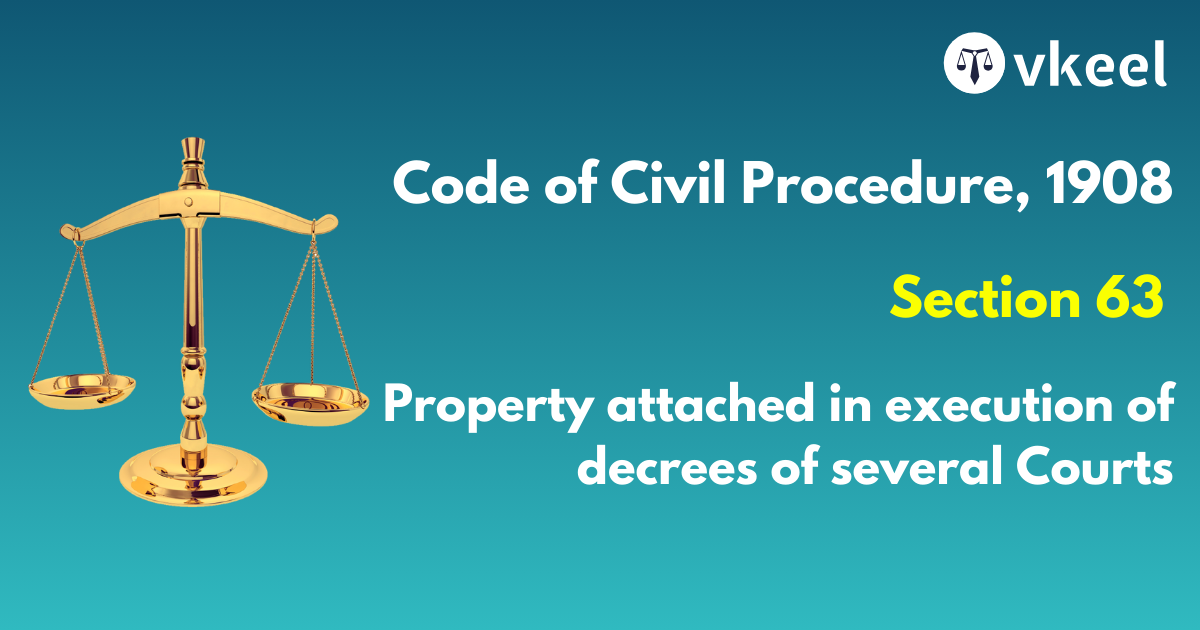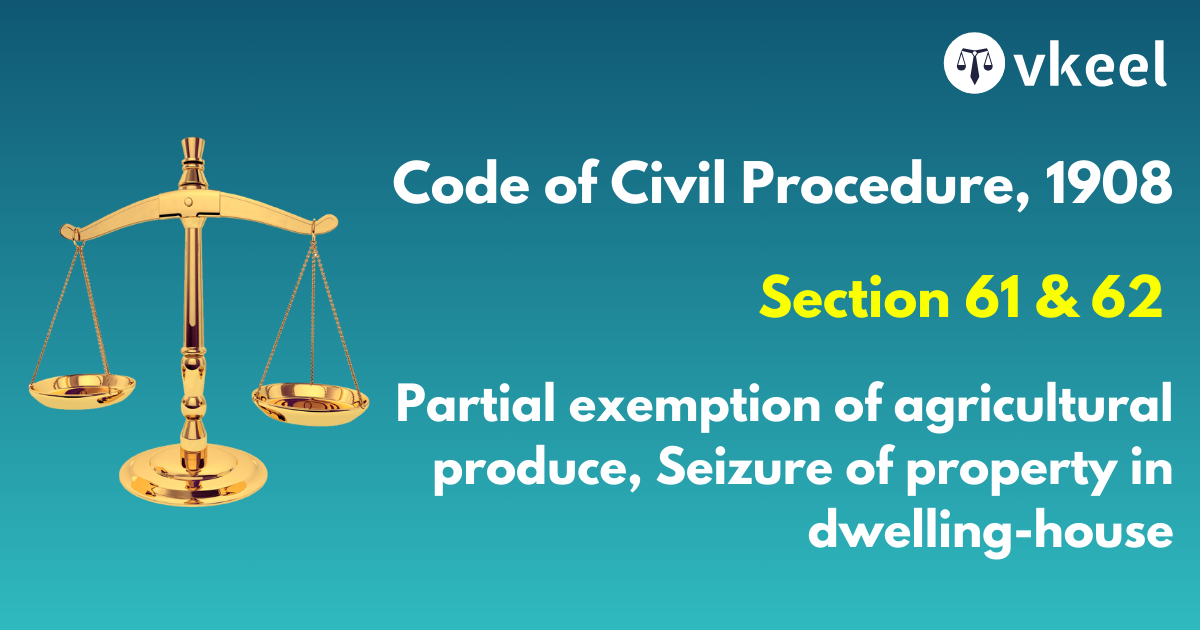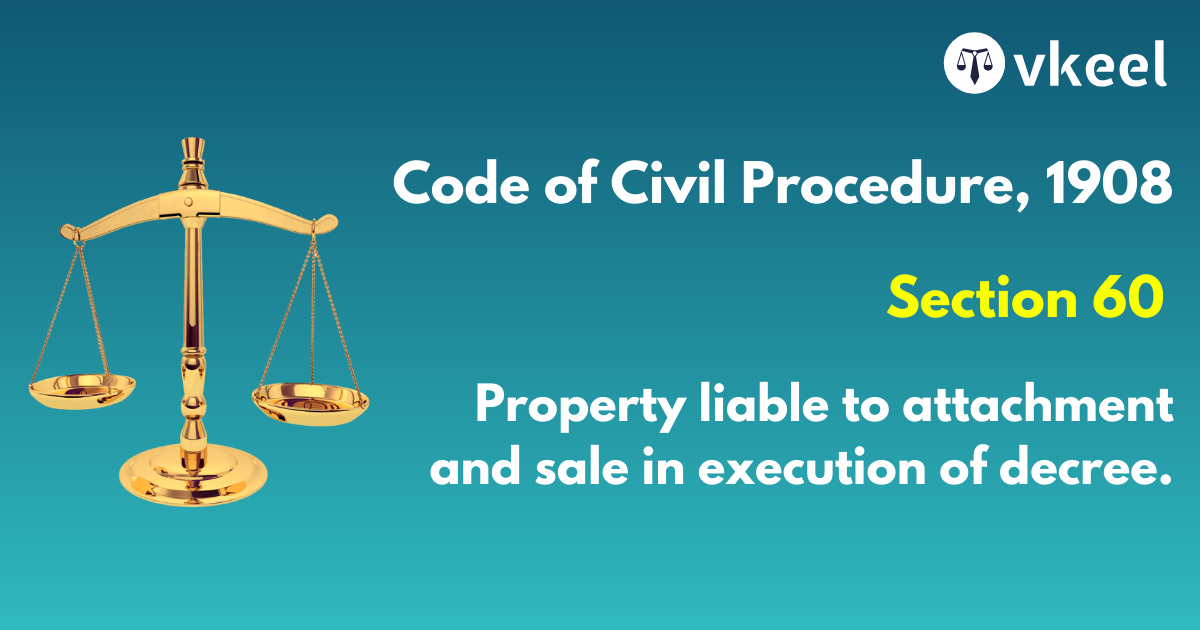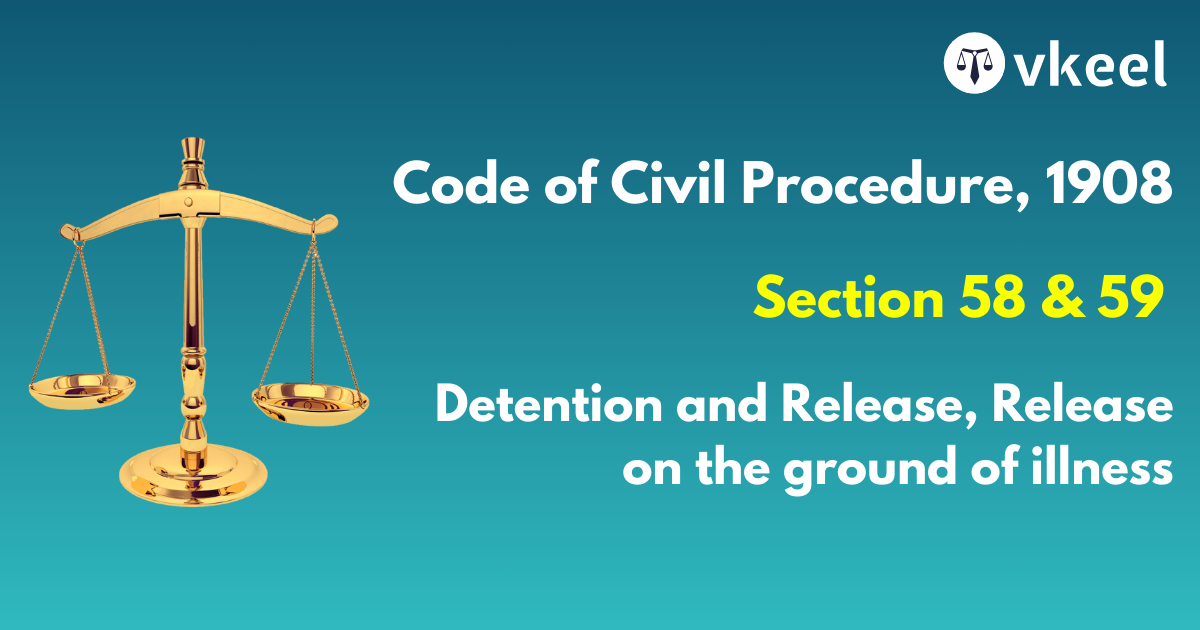Section 5 Code of Civil Procedure,1908 – Application of the Code of Revenue Courts
By Joy Puri
Table of Contents
Introduction
The code in this provision deals with the application of the revenue courts and belonging to the branch of the procedural law, it further describes the procedure for the state government to make changes in the code.
The code entails regarding the status of specialized courts of revenue such that it does not disturb the procedural aspects of the specialized courts.
Section 5 of the Code of Civil Procedure,1908
5. Application of the Code of Revenue Courts-
(1) Where any Revenue Courts are governed by the provisions of this Code in those matters of procedure upon which any special enactment applicable to them is silent, the State Government may, by notification in the Official Gazette, declare that any portions of those provisions which are not expressly made applicable by this Code shall not apply to those Courts, or shall only apply to them with such modifications as the State Government may prescribe.
(2) “Revenue Court” in sub-section (1) means a Court having jurisdiction under any local law to entertain suits or other proceedings relating to the rent, revenue or profits of land used for agricultural purposes, but does not include a Civil Court having original jurisdiction under this Code to try such suits or proceedings as being suits or proceedings of a civil nature.
About the Provision
The code by envisaging the aforementioned provision in the statute signifies the applicability of the revenue courts in the code.
The provision in the first bode entails about the solution where their exists silence of the legislature over certain aspects of the statute in regards to the revenue courts of the country.
The provision enumerates the solution that wherever there is a situation wherein the state government makes any special enactment and thereafter the part of respective enactment remains silent, it is the official duty of the state government to declare the provisions of this code which are not expressly made applicable and which would further not apply to the revenue courts or shall apply to them in consistency to the changes or the modifications made by the state government. This has to be declared by the state government by notification in the official gazette of the country.
Subsection (2) of the aforesaid provision relates to the definition of the revenue courts.
Although a situation wherein the laws of the Code of Civil Procedure are necessary to be implemented in the revenue courts, these provisions are to be followed diligently in the specialized courts too.
Landmark Judgements
Bijai v S, 1970
The object is to preserve the summary method prescribed in local laws for the disposal of suit for rent. Consolidation authorities cannot be held to be revenue court .
R Jeevanandam v Sri LN Devasthanam Antervedi, 2000
A Where there is a special enactment and with regard to certain matters if the enactment is silent, the CPC will apply. Special Officers appointed under AP Tenancy Act, 1980 and the Rules framed thereunder are Revenue Courts and they have power to entertain application under O XXXIX, rule 2A
Conclusion
The provision by its clear understanding tends to respect the futuristic aspects of the law.In furtherance to the aforesaid, it stands consistent with the statement that Law changes by the needs of the society.
The code further aims to provide uniformity in the procedural aspects and attributes to the substantive laws of the nation.
Disclaimer:
The information provided in the article is for general informational purposes only, and is not intended to constitute legal advice or to be relied upon as a substitute for legal advice. Furthermore, any information contained in the article is not guaranteed to be current, complete or accurate. If you require legal advice or representation, you should contact an attorney or law firm directly. We are not responsible for any damages resulting from any reliance on the content of this website.

